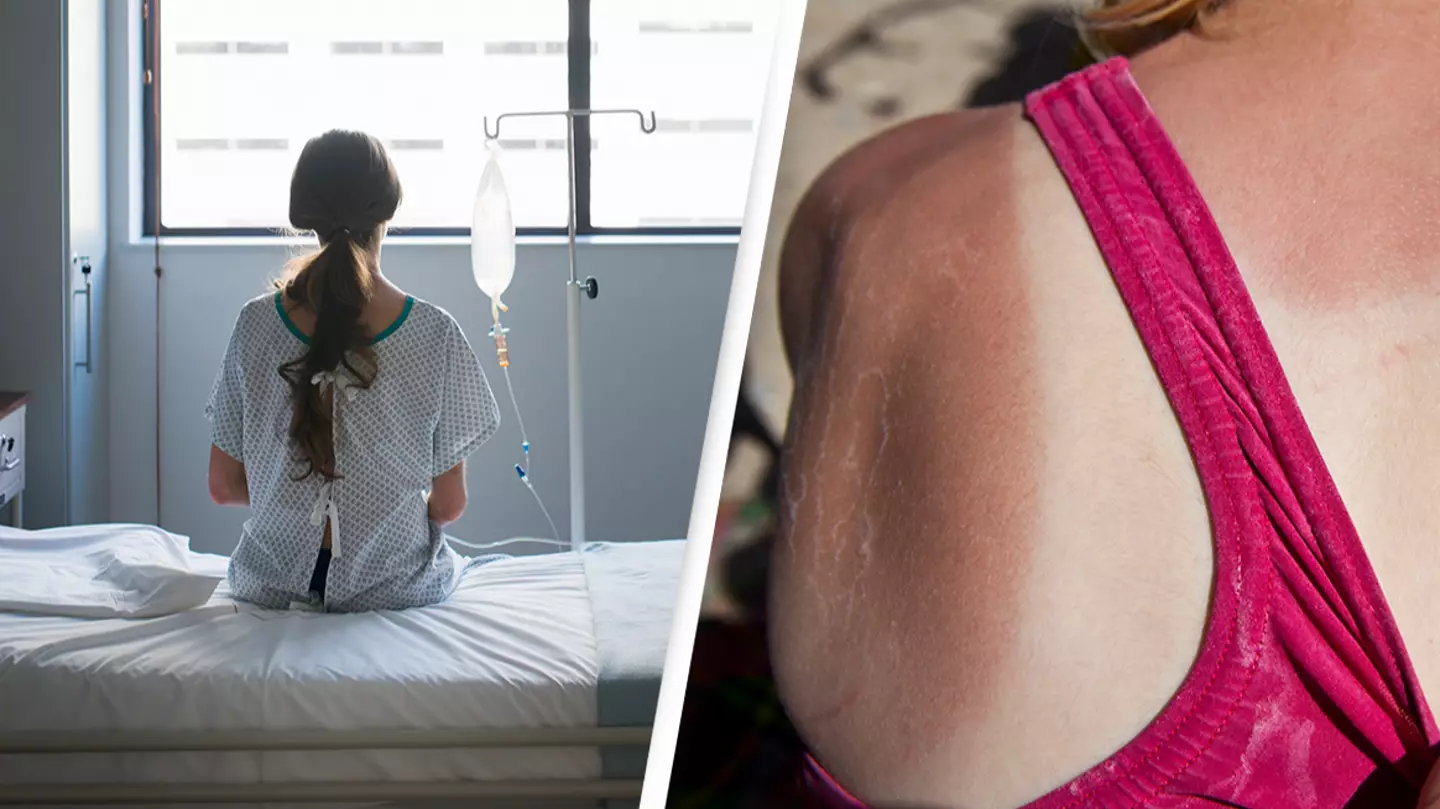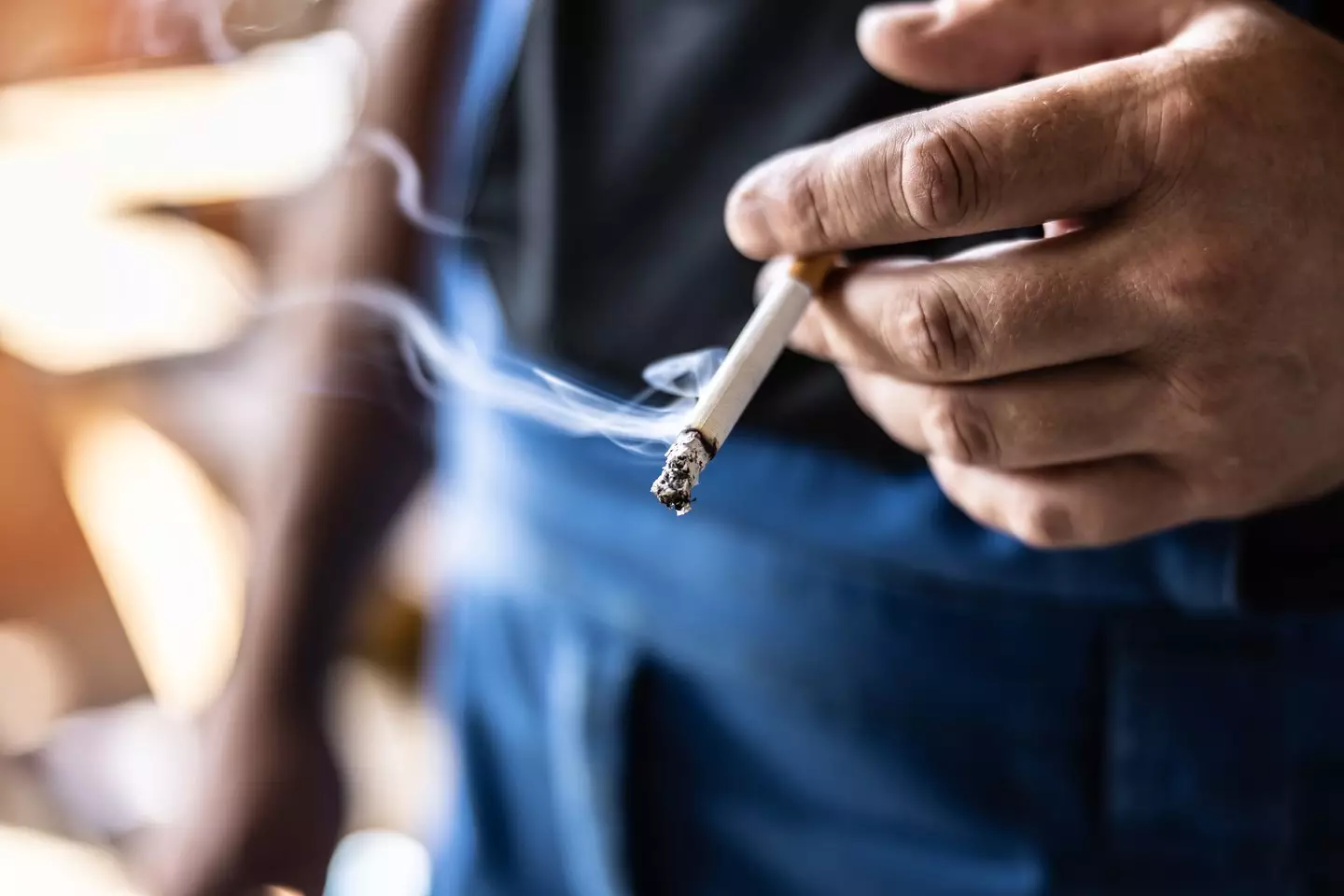
It's expected that around two million Americans will be diagnosed with some form of cancer this year - but there are things you can do to make sure you're not one of them.
The most common cancer in the US is prostate, with hundreds of thousands of men being diagnosed with the condition each year.
Other common cancers include breast, lung and bronchus, melanoma of the skin and kidney, the National Cancer Institute reports.
Advert
While not all cancers are caused by a person's lifestyle, a new study has found that there are some key changes you could make to your day-to-day lives that could prevent nearly half of all cancer-related deaths.
The study conducted by the American Cancer Society (ACS) looked at data from 2019 regarding 30 different cancers and 18 risk factors.
Some of these factors were linked to more than 700,000 new cancer cases and more than 262,000 deaths among adults age 30 and older, ABC News reports.
Here are some of the top risk factors identified in the study...
Smoking
The risk of cancer was found to be increased for those who currently smoke and have previously smoked. In addition to this, those who experience second-hand smoke are also at risk, the ACS found.

Backing this, the Centers for Disease Control and Prevention say that almost nine out of 10 lung cancers deaths are caused by smoking cigarettes or secondhand smoke exposure.
While the study found that former smokers are still at risk of getting cancer, it should be noted that this risk drops by 50 percent by quitting.
Excess body weight
"Excess body weight was the third largest contributor to total cancer cases in men (4.8%; 43,720 cases) and second in women (10.6%; 92,200)," the study explains.
In particular it was found that being overweight contributed to more than half of all cancers of the corpus uteri and and one-third of gallbladder cancer.
Alcohol consumption
Alcohol use was found to be fourth largest contributor to all cancer cases in men and the third largest in women.
Some of the cancers associated with alcohol consumption include breast and colorectal cancer.
The National Institute on Alcohol Abuse and Alcoholism advises that women only have one alcoholic drink a day, while men should have no more than 2 drinks in a single day.

Dietary factors
According to the new findings, a person's risk of cancer increases if they consume red and processed meat and do not consume enough fruits and vegetables, dietary fiber and calcium.
The study states: "Low fruit and vegetable consumption was associated with 30.7% of oral cavity, pharyngeal, esophageal, and laryngeal cancers, with oral cavity cancer having the largest number of attributable cases."
Lack of exercise
Physical inactivity was linked with increased risk of stomach cancer in particular, while breast and colon cancer were also attributed to lack of exercise.
It's advised that people get at least 150 minutes of moderate aerobic activity or 75 minutes of vigorous aerobic activity a week.
Ultraviolet radiation and missing vital screenings were also linked with increased risk of developing cancer.
If you’ve been affected by any of these issues and want to speak to someone in confidence, contact the American Cancer Society on 1-800-227-2345 or via their live chat feature, available 24/7 every day of the year.